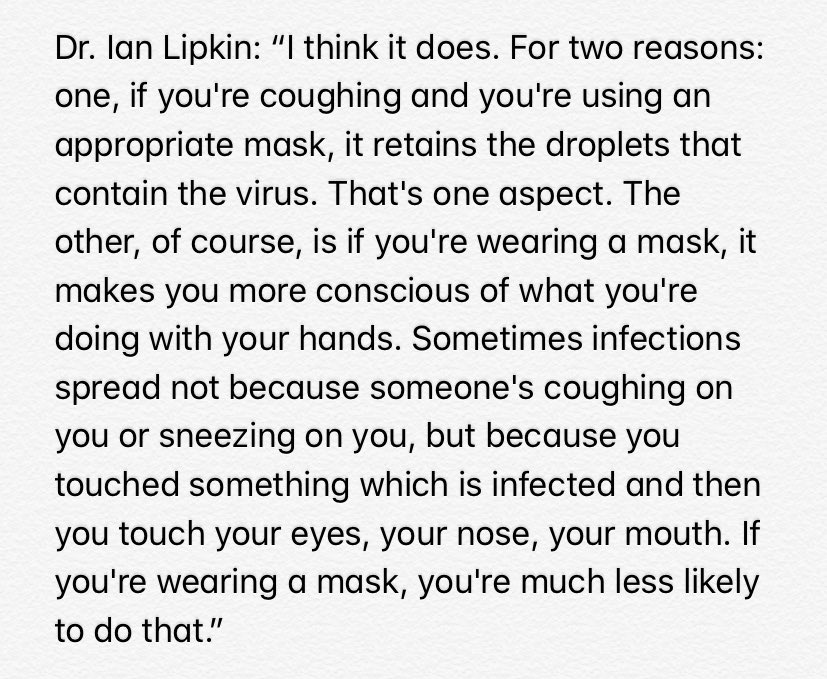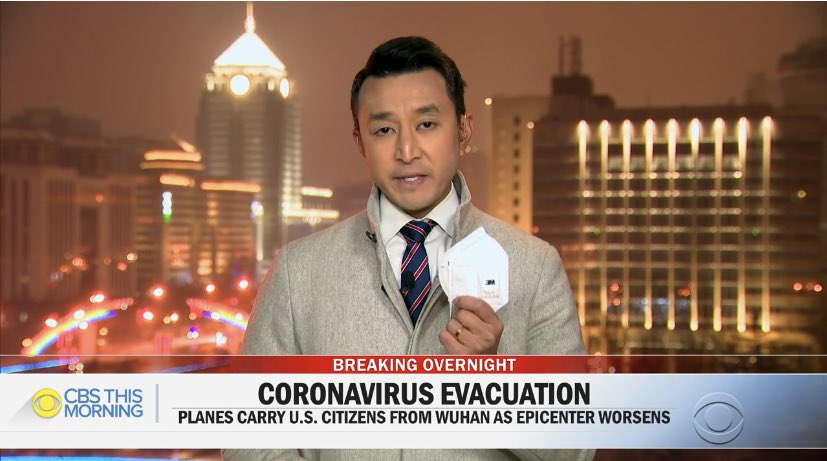/thread
Ends/
A few thoughts from my latest e-mail:
mailchi.mp/7c47b3a8c77d/t…
Keep Current with Matthew Goodwin
This Thread may be Removed Anytime!
Twitter may remove this content at anytime, convert it as a PDF, save and print for later use!

1) Follow Thread Reader App on Twitter so you can easily mention us!
2) Go to a Twitter thread (series of Tweets by the same owner) and mention us with a keyword "unroll"
@threadreaderapp unroll
You can practice here first or read more on our help page!


